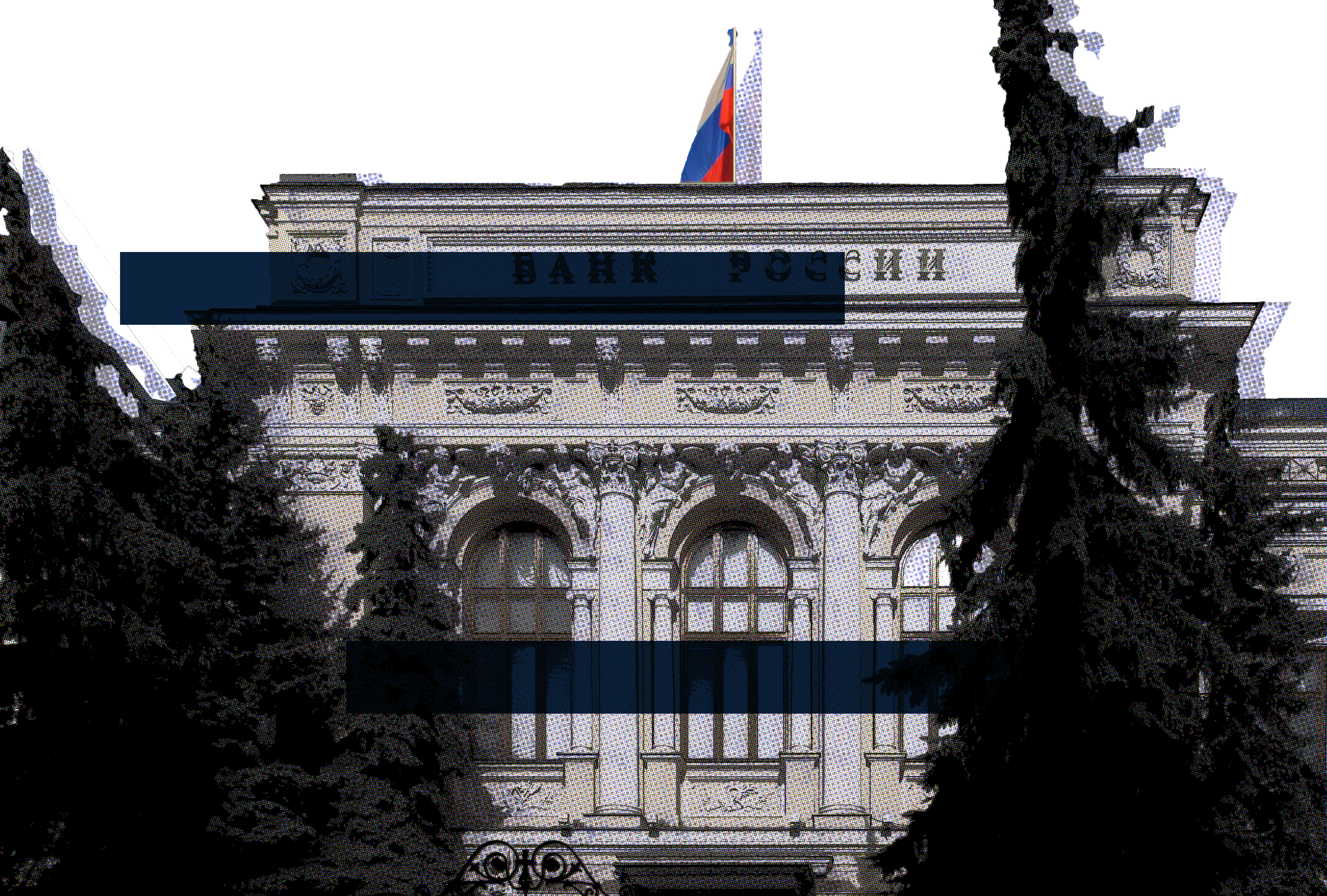Russia's Privatisation 2.0: What Not to Expect

Despite hopes that ‘Privatisation 2.0’ will be the panacea to Russia’s money troubles, the process has been delayed and burdened with criticism. The Russian government has dragged its feet for years in even getting the process started. Regaining control over Russia’s strategic assets since the privatisations in the 1990s has been a hallmark of the Putin administration, and the president is obviously not keen on relinquishing the state’s highly bankable hold over the economy. Privatisation discussions began years ago, but only one major transaction has taken place so far: the sale of a 10.9 percent stake in Alrosa, the Russian diamond producer, earlier this year (even though the Russian federal and local governments still control 66 percent of the company after the divestment).
Battle for Bashneft
The sell-off of mid-size oil producer Bashneft has also just been approved in October after months of delays and political infighting. This sale was the last battle in a years-long fight for control over Bashneft: a classic oligarch vs. state struggle between its billionaire owner Vladimir Yevtushenkov, who many saw as becoming too involved in politics, and the Kremlin, who wanted to put him in his place.
As is usual in Russia, the Kremlin emerged victorious, and Bashneft was forcibly nationalised in 2014 in a swift takeover process. Throughout 2016, S-RM produced analysis for a range of clients concerned about what the Yevtushenkov case might mean for the wider business environment in Russia. Many Russia-watchers were disquieted by the apparently politically-motivated campaign against the businessman, and the implication that a more aggressive Russian state was able to interfere in the private sector with such apparent ease.
Bashneft has now been “privatised” – but with the company not even going to private investors. Instead, state-owned oil giant Rosneft will acquire a controlling stake in Bashneft for USD 5.3 billion. The argument for this is that Bashneft’s merger with Rosneft will boost the value of Rosneft’s privatisation down the line. In reality, though, the cynical sale of one state company to another in the name of “privatisation” feeds the fear that the whole process is being manipulated to further consolidate control of the Russian economy in the hands of an elite few close to the current political regime. Bashneft shares took a hit after the Rosneft deal was announced, suggesting that that the market largely agrees a merger is not the best idea.
Concerns for foreign investors
The outcome of the Bashneft sale is likely to scare off foreign investors, who have long held the perception that the Russian government lacks respect for private ownership. Ownership of strategic assets in Russia is subject to the whims and blessing of the Kremlin, and the Russian state under Vladimir Putin has often displayed a propensity for seizing privately-held assets of political value. The battle for Bashneft – and victory by Putin’s inner circle – has been held up as evidence that the privatisation auctions are not about boosting investor diversity or business freedoms. Hours after the takeover took place, Rosneft replaced the entire management team of Bashneft and armed guards appeared at the company’s offices in Moscow and Ufa demanding documents – a stronger sign of any that political interference in Russian business is alive and well.
Western sanctions on several of the companies planned for privatisation may further act as a deterrent for foreign investors. Three companies on the auction list– Rosneft, Transneft, and VTB – are currently subject to sanctions. Though foreigners are allowed to invest in the firms, the companies have limited access to Western capital markets, which in turn allows few options for foreigners to buy up stakes in them. The prospect of additional sanctions on Russia, though unlikely, also poses a potential risk for foreign investors thinking of wading into the Russian market.
Experienced investors in Russia will know that Privatisation 2.0 is ultimately a fundraising exercise – not a means for business reform. The companies that populate Russia’s major industries – though highly profit-generating – tend to be bloated, overly bureaucratic, politically well-connected, and secure in their position of market dominance from a resultant lack of viable competitors independent from the current government. Privatisations of Russia’s state-owned companies may well take place over the coming years, but they will do so piecemeal, reluctantly, and just enough to make financial ends meet. Otherwise, it will be business in Russia as usual.
